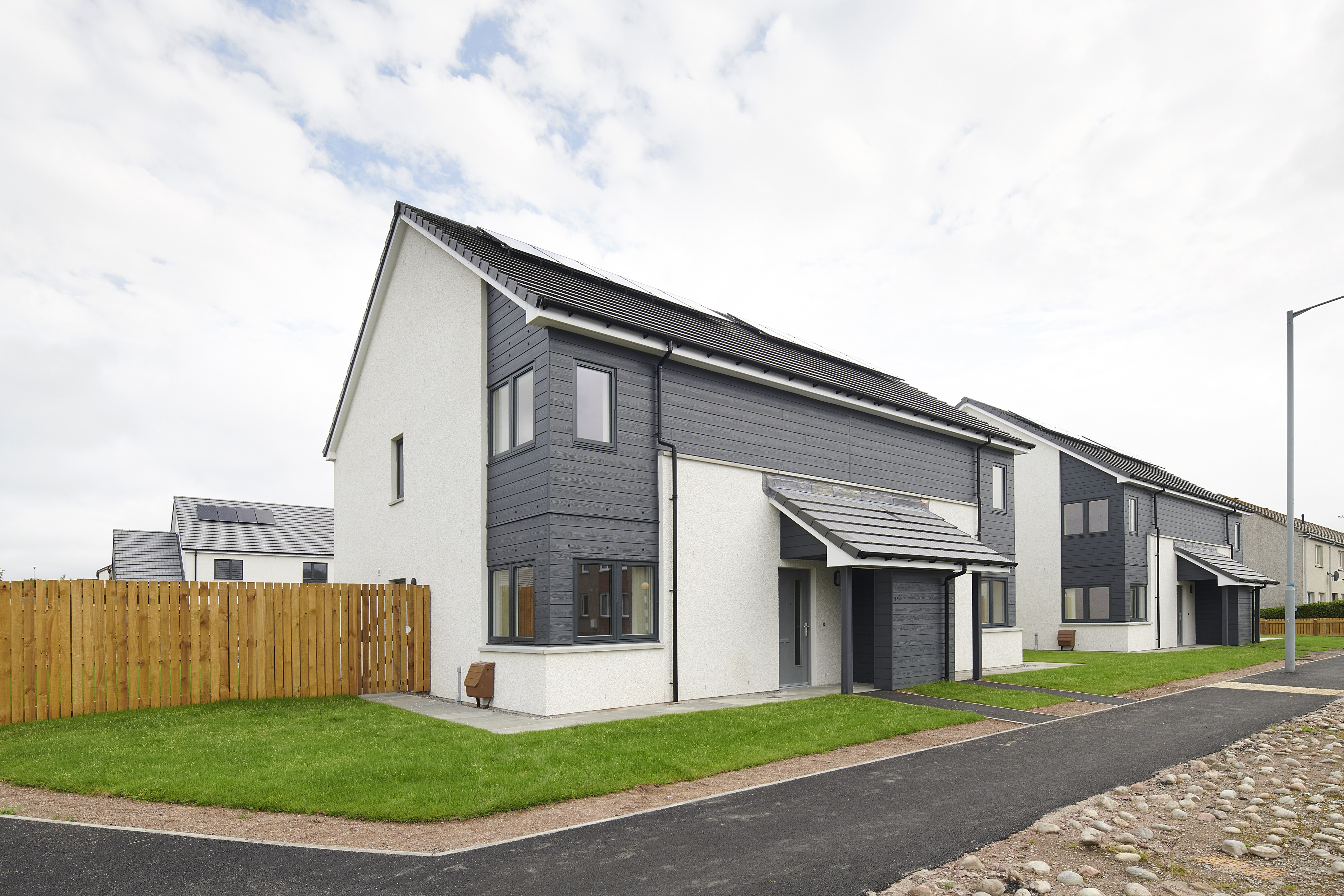Highland Council approves SHIP and commits to capital housing programme
Proposals for affordable housing investment between 2022-2027 and the planned investment programme to 2027 have been approved by the Highland Council’s housing and property committee.

The main purpose of the Highland Council’s Strategic Housing Investment Plan (SHIP) is to set out how investment in affordable housing will be directed over the five-year period 2022/23 to 2026/27, in order to achieve the priorities that have been identified in the council’s Local Housing Strategy (LHS).
Approved in December 2017, the main objectives of the LHS are:
- To increase the supply of housing in Highland so that we have enough homes in the right places to meet housing needs
- That people are supported to live independently for as long as possible in their own homes and communities
- To prevent and respond to homelessness and make sure people have the right help to let them make decisions on their housing options
- To improve the Quality and condition of the housing stock and minimise fuel poverty.
The SHIP will contribute to the national Affordable Housing Supply Programme (AHSP), assisting in fulfilling the Scottish Government’s commitment to deliver at least 50,000 new affordable homes during this Parliament, as well as to extend delivery beyond that period.
A Strategic Housing Investment Programme for 2021-26 was approved on 4 November 2020 by the economy and infrastructure committee. It has been prepared on the basis that it will be possible to approve at least 500 units each year, of which 70% will be for affordable rent and 30% for intermediate affordable housing (e.g. low-cost home ownership or mid-market rent), in line with overall Scottish Government targets. Details of local programmes are being reported to area committees.
The number of tender approvals to date for 2021/22 is 247 and the number of completions is 237. It is anticipated that there will be a total of 500 tender approvals, 450 site starts and 800 completions by March 2022. The relatively high number of completions results from completions delayed due to the effects of Covid 19.
Chair of the housing and property committee, Cllr Laurie Fraser, said: “Housing is crucial to the growth of Highland’s economy and the sustainability of its communities.
“There are large numbers of households across Highland experiencing ‘housing need’ whilst at the same time, there continues to be substantial pressure on Highland’s supply of affordable housing.”
Meanwhile, the Highland Council has said it remains committed to carrying out its agreed Housing Revenue Account Capital Programme despite continuing pressures resulting from the ongoing Covid-19 pandemic.
Progress against the mainstream HRA (Housing Revenue Account) programme continues to be impacted by the Covid-19 restrictions which suspended all capital works in council housing until they were lifted in April this year.
The construction industry both in Highland and at national level is experiencing labour and material shortages and industry experts predict little improvement until at least the beginning of next year.
As well as rising material costs there is also reduced productivity from factories and mills, shortage of haulage drivers, port delays and construction demand fluctuations.
Cllr Laurie Fraser said: “These issues will result in ongoing delays, but Highland Council is determined to continue with its programme and contractual discussions are ongoing to accelerate works where possible.
“In particular, efforts are being made to prioritise certain works, such as heating replacements and adaptations and to minimise delays.”
It is anticipated that the Future mainstream HRA Capital Programme will deliver a minimum of 120 new completions within the current financial year, plus 32 one-off individual purchases.
Members at this week’s meeting of the housing and property committee approved the overall HRA Mainstream Capital Budget of £88.599m for 2022-2027.
The HRA Mainstream Capital Programme will see a phased investment to allow project management staff time to work with the construction industry to package projects within a workable timescale and achieve value for money.
Members agreed with the recommendation that the focus on the 2022/23 programme be on carrying out the most essential investment works, such as one-off installations like urgent heating replacements as identified by the local maintenance teams.
They also agreed that the programme for adaptations will remain the same across all 5 years of the plan, rather than varied across years to ensure that any works assessed by Occupational Therapy are progressed as quickly as possible.
Discussion over proposed works and locations will be scheduled with local members in the coming weeks ahead of local committee approval of area programmes in early 2022.






